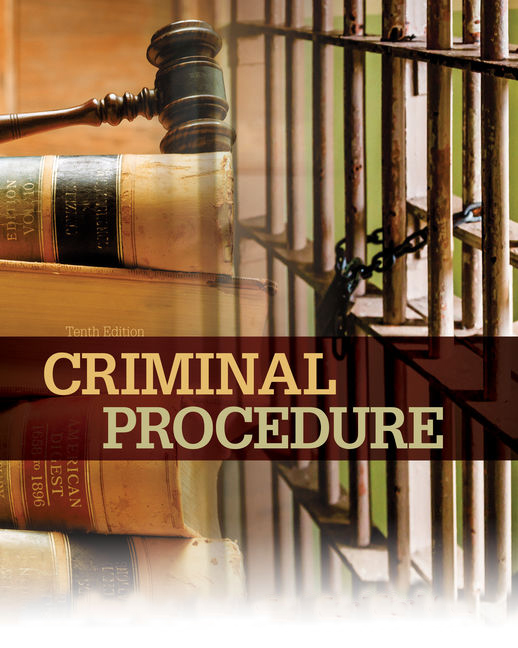A catena of judgments was issued by the Apex and High courts regarding grant or refusal of pre-arrest or anticipatory bail: High Court of Meghalaya
The Court cannot lose sight of the fact that such a piece of information even at this point of time would cast doubt on the accuracy of the actual age of the victim girl. Such was held by The Hon’ble High Court of Meghalaya before The Hon’ble Mr. Justice W. Diengdoh in the matter of Shri. Akramuz Zaman Vs. State of Meghalaya & 2 Ors [AB. No. 12 of 2021].
The facts of the case were associated with the applicant praying under section 438 Cr.P.C for pre-arrest bail in connection with Tura Women P.S Case No. 46(06)2021 under Section 3 (a)/4 of the POCSO Act. It was alleged by the Informant that the applicant had sexually assaulted one minor girl. On the other hand, the applicant stated that he was in a mutual relationship with the alleged victim girl for a few months and this relationship was accepted by the parents of the said victim girl. It was alleged by the applicant that the victim was not a minor and her birth certificates and other government-issued certificates stated her d.o.b to be 07.01.2002. At the time of filing the FIR, she was more than 19 years and therefore she’s an adult and there was no bar for her to enter into a marital relationship on her own accord.
The counsel, Mr. A.H. Hazarika representing contended that the father and family of the victim had no objection to the relationship between the victim and the accused/applicant thereby, the said complaint is not correct. Moreover, it was submitted by the applicant’s counsel that the alleged victim was pregnant for about 3 months, the family of the girl were not objecting to the said union instead only some NGOs were against inter-caste marriage and were objecting to the same. The AAG, Mr. B. Bhattacharjee submitted that the documents annexed by the applicant relating to the age of the victim girl had to be carefully scrutinised in the factual and circumstantial context, inasmuch as, such documents should not be questionable.
The Hon’ble Court considering all the facts and submissions stated that “In view of the above, this Court has no option but to reject this instant application under the facts and circumstances of the case and the same is found not tenable at this juncture. The interim bail granted is hereby discharged. This matter is hereby disposed of accordingly.”
Click here to read the Judgment
Judgment reviewed by Bipasha Kundu





